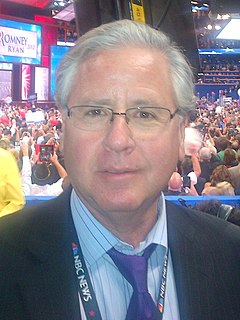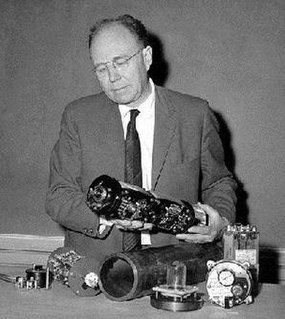A Quote by William Bennett
True courage is mixed with circumspection, the kind of healthy skepticism that asks, 'Is this the best way to do this?' True cowardice is marked by chronic skepticism, which always says, 'It can't be done.'
Related Quotes
The latest trade of a security creates a dangerous illusion that its market price approximates its true value. This mirage is especially dangerous during periods of market exuberance. The concept of "private market value" as an anchor to the proper valuation of a business can also be greatly skewed during ebullient times and should always be considered with a healthy degree of skepticism.
The idea that the State is capable of solving social problems is now viewed with great skepticism - which foretells a coming change. As soon as skepticism is applied to the State, the State falls, since it fails at everything except increasing its power, and so can only survive on propaganda, which relies on unquestioning faith.
Creationists argue that natural selection is only a negative process, and therefore cannot create anything. Chopra argues that skepticism is only a negative process, and therefore does not lead to knowledge. Both are wrong for the same reasons. They ignore the generation of diversity and new ideas upon which natural selection and skepticism acts. Weeding out the unfit is critical to both - natural selection allows evolution to proceed, and skepticism allows science to advance.
I think the appropriate kind of skepticism is this: you've got to be asking questions all the time, you've also got to make sure that you're doing so in the spirit of genuinely wanting to find the answers - and that also means being open. I battle with this: I know I tend to be very skeptical and as a result, I veer towards the dismissive. But being aware of the tendency, I like to challenge my own skepticism and make sure it's not just knee-jerk. You need to be skeptical towards yourself as well. When you're only skeptical outwards you've got an unbalanced skepticism.

































